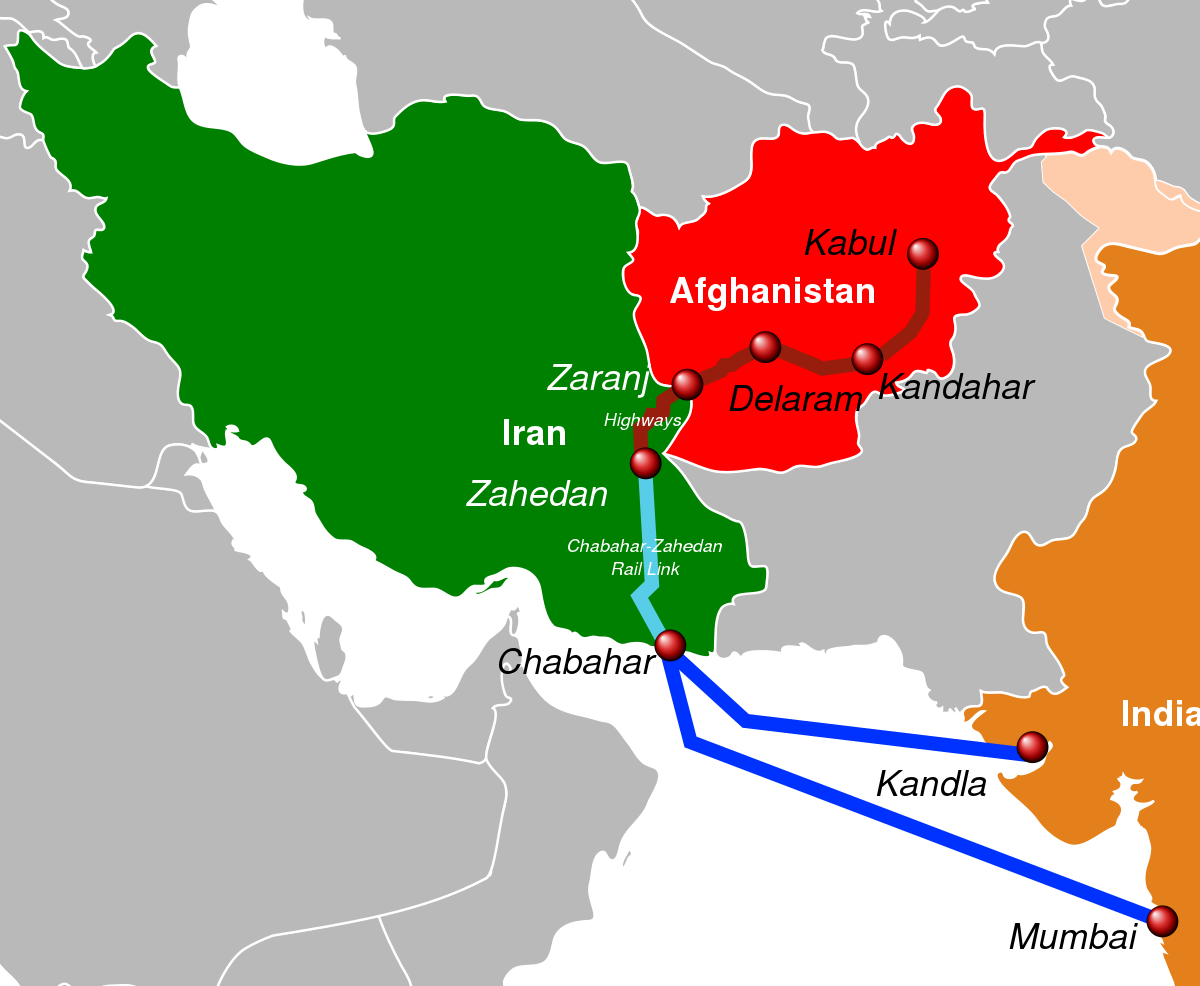

US Taliban Peace Deal and Recent Developments
Why In News?
The Joe Biden administration has proposed a new peace plan to the Afghan government and the Taliban, seeking to bring violence to a halt and form an interim government.
The Biden administration is currently reviewing its Afghan strategy. While the review is not completed, there is a consensus within the administration that “accelerating the peace process” is the best way to advance the shared interests of the U.S. and the Afghan government.
Why the U.S. is making this peace push?
currently some 2,500 troops are in Afghanistan and are set to leave the country by May 1. The Taliban have warned that if the U.S. troops are not out by the deadline, they will step up fighting.
The Taliban and the Afghan government started peace talks in Doha in September last year but reached no breakthrough. The Biden administration is concerned about the slow pace of the talks.
US Concern in Afghanistan
The U.S. assessment is that if American troops are pulled out of Afghanistan, the Taliban would make quick gains.
So, the Biden administration’s assessment is that the Taliban are on the ascent. It hopes that the best way to prevent a complete Taliban takeover is a regional peace process and an interim unity government.
What's the stand of Afghanistan Government?
The Ghani administration has consistently been critical of the U.S.’s direct outreach to the Taliban. The Trump administration held direct talks with the Taliban, excluding the government.
Mr. Ghani made it clear that he, as elected President, is the only legitimate representative of the Afghan people and he resisted making concessions to the Taliban.
Background:
The deal was signed in February 2020 and is meant for “Bringing Peace to Afghanistan'' enabling the US and NATO to withdraw their troops, which has been a longstanding demand of the Taliban.
What is this agreement?
The four-page pact was signed between Zalmay Khalilzad, US Special Representative for Afghanistan Reconciliation, and Mullah Abdul Ghani Baradar, political head of the Taliban on February 29, 2020.
- “Taliban will not allow any of its members, other individuals or groups, including al-Qaeda, to use the soil of Afghanistan to threaten the security of the United States and its allies”.
- The deal include the withdrawal of US troops along with bringing down NATO or coalition troop numbers within 14 months from when the deal was signed.
- Other elements include removal of sanctions on Taliban leaders, releasing prisoners held by both sides and ceasefire.
- Intra Afghanistan and Taliban Talks to establish peace and stability in the region.
India's stand on the US Taliban Peace Deal
India’s vision of a sovereign, united, stable, plural and democratic Afghanistan is one that is shared by a large constituency in Afghanistan, cutting across ethnic and provincial lines.
At Doha meeting, India’s External Affairs Minister reiterated that the peace process must be “Afghan led, Afghan owned and Afghan controlled”.
